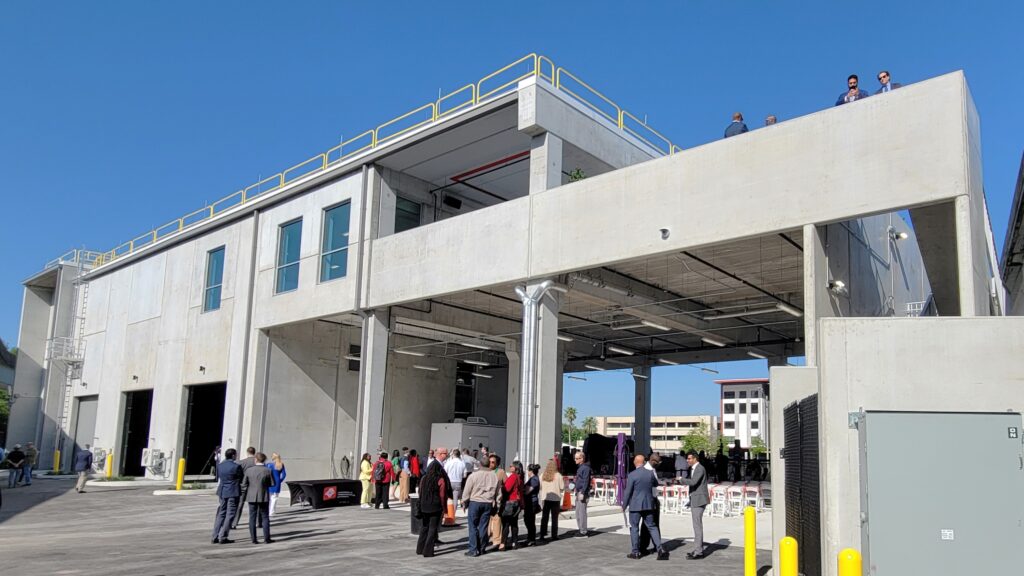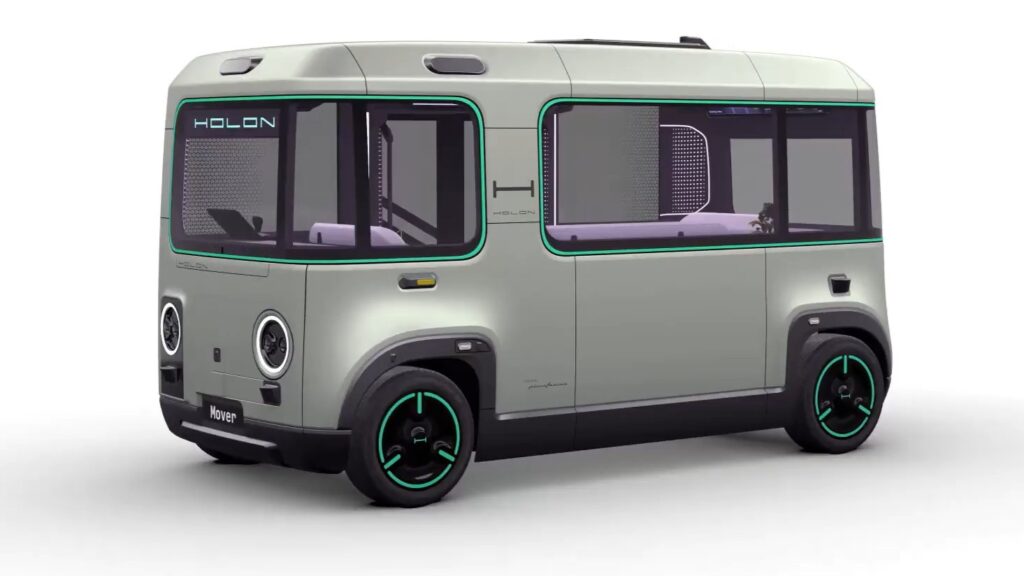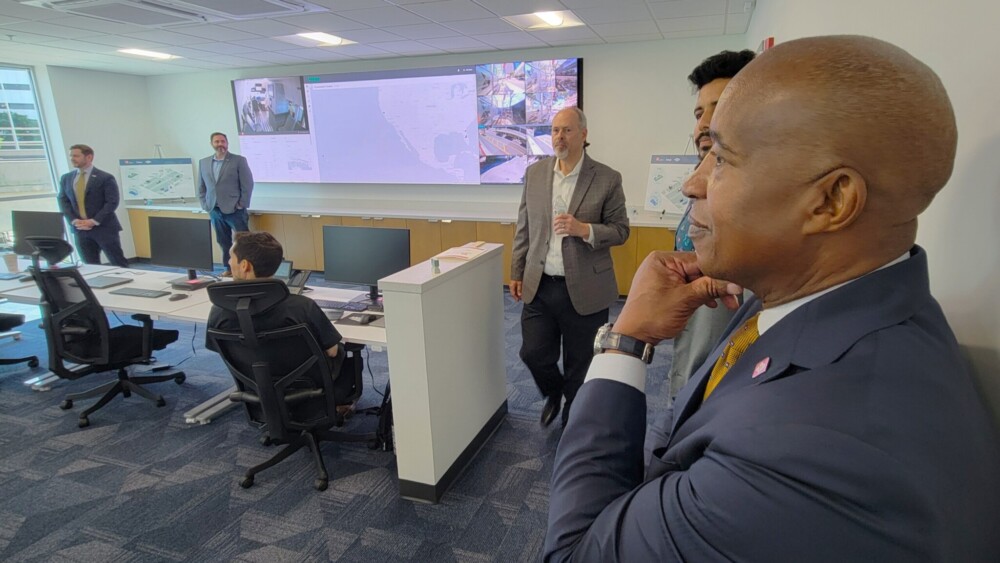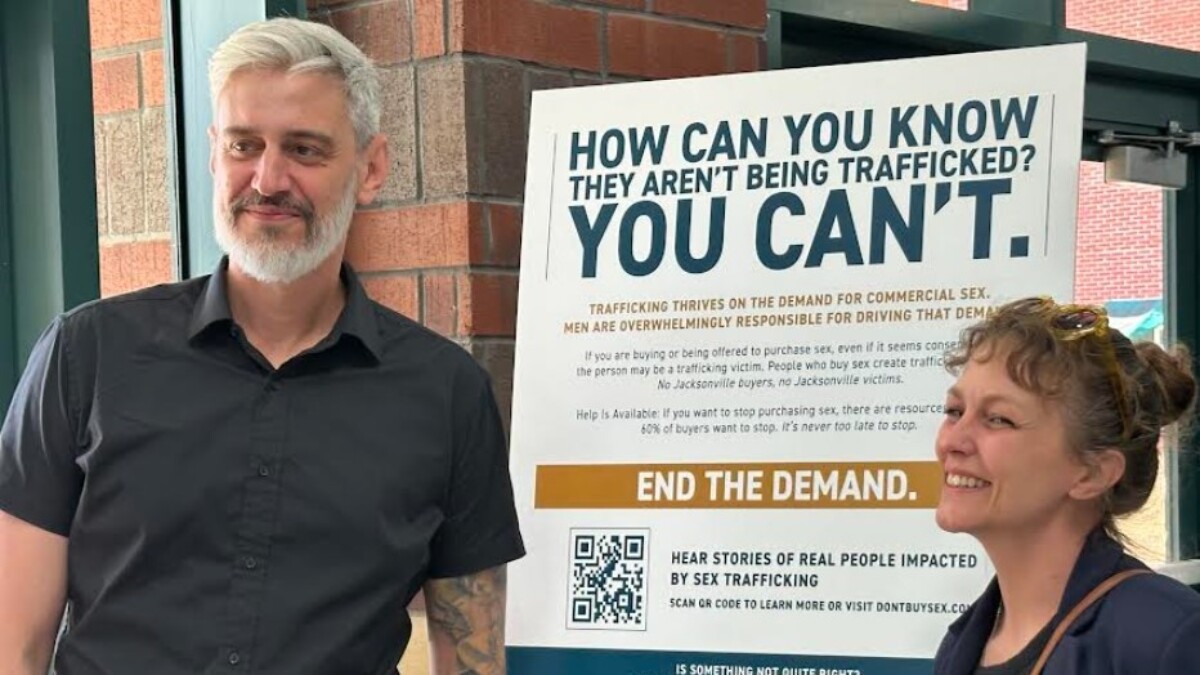The Jacksonville Transportation Authority officially opened a control center Thursday for the city’s first autonomous people mover — another step toward the day when self-driving vehicles could shuttle people around Downtown.
JTA CEO Nat Ford opened the center with the words “let the journey begin” and said the service — known as the Ultimate Urban Circulator, or U2C — should start taking riders in June.
JTA has been testing autonomous vehicles on a 3.2-mile loop between LaVilla and EverBank stadium. A JTA staffer rides the Ford e-Transit vans to take over if necessary. Ford said he’s taken many a ride in the vans.
“It’s going to be smooth sailing,” he said. The service will begin with an attendant on board so people feel comfortable and get their questions answered, he said. But as time goes on, six months to a year later, JTA will remove the attendant, he said.
Controlling autonomous vehicles
That new two-story control center has covered charging bays for the electric vans, which will be used in the first phase of the program. Holon Movers — boxy autonomous vehicles soon to be built in Jacksonville — will take over in late 2027.
The screen-filled command center monitors sensors and cameras on the vans as well as along their Downtown routes, and will have an even bigger job to fill some day.
The center eventually could provide services for cities and states outside the Jacksonville area and outside of Florida, said Joe Moye, CEO of autonomous vehicle contractor Beep, which is overseeing the deployment of Holon’s vehicles. “So it truly is going to become a cornerstone of this industry.”

Mayor Donna Deegan said the U2C is the first automated mass transit system of its kind and size in the country. She pointed out the command center’s proximity to the University of Florida’s planned new graduate campus, where high-tech and semiconductor programs are planned for sites surrounding the Prime Osborn Convention Center.
“This work makes sense for Jacksonville. As the largest city by land mass in the contiguous U.S., we simply could not wait to have experience in the future of transportation,” Deegan said. “It will provide our citizens with another option to move around the area and surrounding neighborhoods. Mobility options that don’t involve a car will become increasingly important as Downtown grows in the years ahead.”
Down the road
Phase 1 of the Ultimate Urban Circulator will cost $65 million. The first route will run between the Jacksonville Center for the Performing Arts area to Everbank Field, Vystar Veterans Memorial Arena and VyStar Ballpark.
The vehicles, able to travel up to 35 mph, will run every five to seven minutes. the fare will be the same as a city bus.
When the Ford vans are replaced by the Holon Mover, each 15-passenger vehicle will be produced at the company’s first autonomous vehicle factory in Florida, soon to start construction on Zoo Parkway on Jacksonville’s Northside.
The JTA board voted Tuesday to authorize CEO Nat Ford to buy the first 14 Holons for $409,000 each.

“Their $100 million investment in this plant will generate 763 direct and indirect jobs, and a nearly $300 million economic benefit,” Deegan said. “As this industry rapidly grows, so will Jacksonville’s economy.”
The U2C’s second phase will convert the existing 2.5-mile Skyway system in Downtown and San Marco into an elevated roadway for the Holons. Ramps will allow them to travel from Bay Street to the overhead roadways, including stops at the Jacksonville Regional Transportation Center at LaVilla and across the Acosta Bridge to the Southbank.
The U2C’s third phase will put the U2C on streets in the Brooklyn and Riverside areas, with an estimated $100 million price tag.
The estimated cost of all three phases could be as much as $400 million. The second phase is now in planning and design stages. Its estimated $300 million cost will partly funded through the extension of the local option gas tax. There is no construction date set yet.







